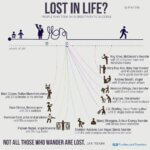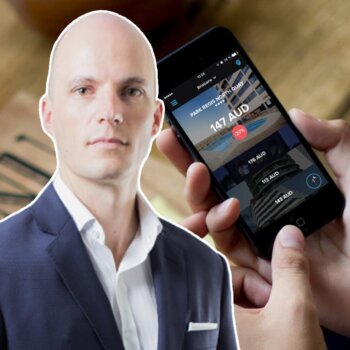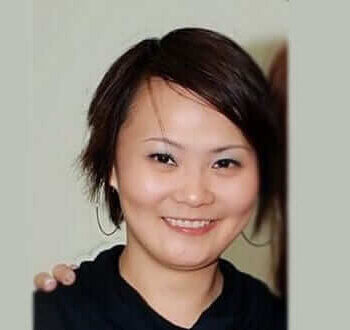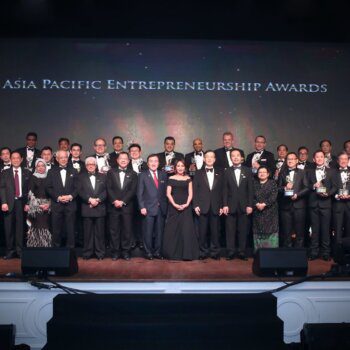My first year of writing is nearly complete. In starting my own online site and business, I realized a few entrepreneurial secrets that aided in the success and development of Frugaling.org. Hopefully, some of these ideas inspire you to make more and take advantage of any downtime you have to achieve your own entrepreneurial dreams!
A fun alternative to a temp job
Finding time for extra income opportunities was daunting last year. I wanted to make and save more money to pay off an overwhelming amount of student loans. I was rapidly approaching $40,000 in total debt last May. I thought about getting a menial job that paid me about $8 an hour after taxes. I scoured Craigslist for random temp jobs, but grew hopeless as the opportunities didn’t often fit within the parameters of my challenging semesters. The debt was unmanageable.
Sometime in mid-July, Frugaling.org became a real second income for me. My advertising revenue and traffic skyrocketed. I felt a rush when I published articles that would get read by 10, 100, 1000, and eventually by up to 10,000+ people at a time. But the excitement was heightened because I knew this would perfectly sync with my busy graduate student schedule.
You make your own schedule
Here and there, I began to work on the site. I’d type a story between classes or when I finished work for the night. In a fleet of passion through my fingers, I’d hammer out intricate articles that were entirely my own desire. As much as I wanted to share my voice with others, I was writing for my own growth, too.
Unlike the Craigslist opportunities or strange side jobs around my college campus, writing online and becoming entrepreneurial allowed me even greater freedom in money-making endeavors. It was far easier to squeeze an hour of work where I could fit it, then worry about someone else’s overlapping or differing schedule. Frankly, it was empowering.
Entrepreneurial success is often predicated on fall back options
Graduate school, work, and my other job account for about 60 to 70 hours of work per week. At times, it was hard to digest how many hours were dedicated to my education. Until this academic year, I considered myself to be lazy. I didn’t want to work all that hard and found any opportunity to waste time.
By creating an outlet for my thoughts and conveniently forming it around my schedule, I kept my prior obligations while starting a new project. My grades and school experience hardly changed; actually, I was more diversified and felt grounded in life because of my entrepreneurial spirit.
Starting a business takes a certain gusto and risk, but having options helped insure against failure. If Frugaling didn’t work out, that would be okay. This wasn’t the only business venture going for me, and I wasn’t putting all my eggs in one basket. The failure of this would simply be a drop in the larger bucket.
Follow these examples to find your own achievement
I’m not alone in starting a business while staying busy. There are a tremendous number of tech titans that took to something on the side, and it turned into their main income. Here are two examples:
Drew Houston, CEO of Dropbox
Houston was searching for a method to avoid the constant need for a flash drive. As a graduate student at MIT, he coded a rough basis for Dropbox.com. Basically, it would allow users to place a file online, and have access anywhere in the world to that same file, as long as there was Internet. Houston met his business partner at MIT and launched the company with the safety net of getting a masters degree from a top-tier institution with massive social connections. If Dropbox had failed, he would still be hirable at some terrific institutions. If it succeeded, he would get the best of both worlds.
Mark Zuckerburg, CEO of Facebook
Zuckerburg’s story is legendary now. Through a series of startups and ideas, Mark created a site that was exclusively for Harvard students. It was originally entitled, “The Facebook.” This elite establishment became the perfect territory to foment incredible demand. From there, Zuckerburg and his partners slowly spread the idea from university to university. The elite model appealed to a variety of people, but if it had failed, he would still be getting a Harvard degree.
Written by Frugaling.org




























